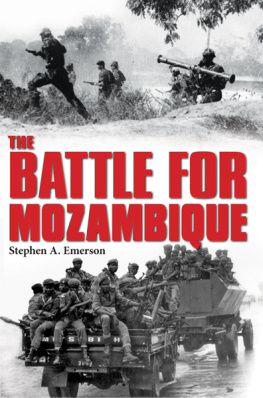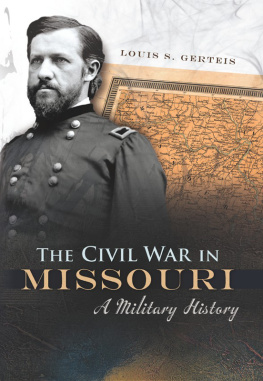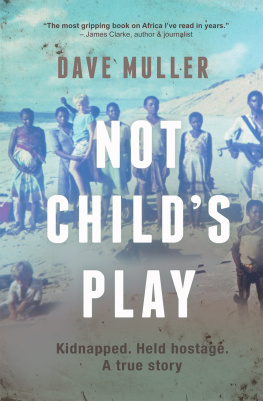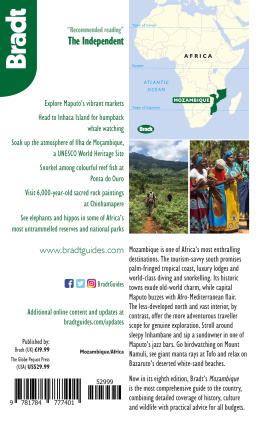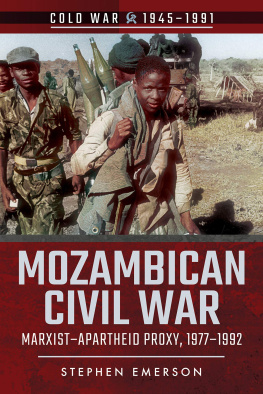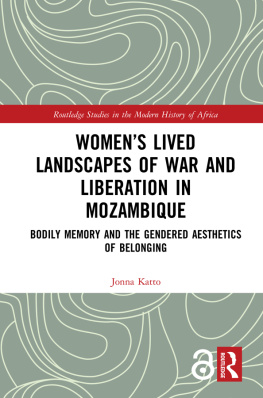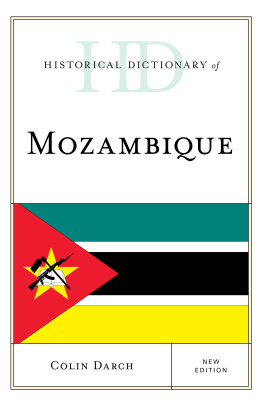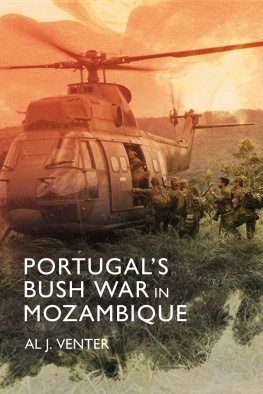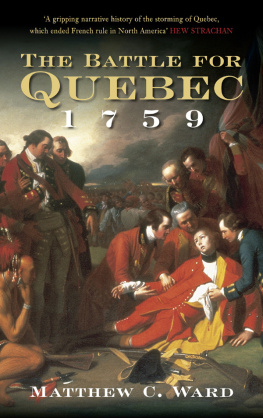Mozambique has demonstrated both political maturity and economic progress over the past decade and a half. This is remarkable considering the bloody insurgency that dominated its history during much of the 70s and 80s. This war was responsible for the deaths of over a million of its citizens, displaced many more, and destroyed much of the infrastructure of the country. War weariness and good leadership have served the country well thus far in the 21st century. Dr Emerson has done a thoroughly remarkable job in researching and writing this book on the events of Mozambiques insurgency. Students of Africa and of military history will learn much about the causes, conduct, and completion of this conflict. Some lessons are unique to Mozambique, but some are applicable across the continent for other countries attempting to reconcile and restore governance to its people.
GENERAL CARLTON FULFORD, USMC (RET.)
Former Deputy Commander U.S. European Command, former Director of the African Center for Strategic Studies, and Desert Storm veteran
Steve Emerson has written the most comprehensive account of the civil war in Mozambique that has yet been attempted. In particular, he has made extensive use of interviews with participants in trying to uncover the details of what happened in this savage and often secret conflict. The Mozambican civil war remains highly controversial with very differing interpretations which find its causes either in popular grievances against the Frelimo socialist reforms or in foreign intervention pure and simple. It is now widely accepted that the war changed character as it continued and that it has to be understood in the wider context of the closing phases of the Cold War and of the white supremacist regimes in Africa. However, it was also a very African conflict, culturally rooted in the history of Mozambique and linked in many aspects to civil conflicts elsewhere in Africa in the 1980s and 1990s. Steve Emersons account is largely a military history but as such is invaluable for any understanding of the post-colonial history of southern Africa.
DR MALYN NEWITT
Emeritus Professor of History at Kings College London

Published in 2014 by:
Helion & Company Limited
26 Willow Road Solihull
West Midlands B91 1UE England
Tel. 0121 705 3393 Fax 0121 711 4075
email:
website: www.helion.co.uk
and
30 South Publishers (Pty) Ltd.
16 Ivy Road
Pinetown 3610
South Africa
email:
website: www.30degreessouth.co.za
Text Stephen A. Emerson, 2014
Photographs as individually credited
Cover image (top) Times Media
Cover image (bottom) Centro de Formao Fotogrfica, Maputo, Mozambique
Designed & typeset by SA Publishing Services ()
Cover design by Kerrin Cocks
Printed in the UK by Henry Ling Ltd., Dorchester, Dorset
Printed in South Africa by Pinetown Printers (Pty) Ltd, KwaZulu-Natal
ISBN (UK): 978-1-909384-92-7
ISBN (RSA): 978-1-920143-91-6
EPUB ISBN: 978-1-910294-33-8
British Library Cataloguing-in-Publication Data
A catalogue record for this book is available from the British Library
All rights reserved. No part of this publication may be reproduced, stored, manipulated in any
retrieval system, or transmitted in any mechanical, electronic form or by any other means, without
the prior written authority of the publishers, except for short extracts in media reviews. Any
person who engages in any unauthorized activity in relation to this publication shall be liable to
criminal prosecution and claims for civil and criminal damages.

Stephen Emerson has spent more than 30 years of his life studying, researching and working on African political and security issues for the U.S. government and as an academic. He cut his teeth as a southern African regional specialist for the U.S. Department of Defense in the early 1980s, where he provided political and military analysis to senior American policymakers in Washington. Dr Emerson is the author of numerous classified and unclassified publications on African politics, terrorism, counter-insurgency, transnational security challenges, and the future of American security and foreign policy engagement in Africa. He has held numerous government and academic positions, including Security Studies Chair at National Defense Universitys Africa Center for Strategic Studies in Washington and more recently headed the Africa regional studies program at the U.S. Naval War College in Newport, Rhode Island. Among his degrees is a doctorate in International Relations/Comparative Politics from the University of Florida. He is married to a U.S. Foreign Service Officer and has accompanied her on multiple tours of duty with the Department of State in Africa and Latin America. They currently reside in Orlando, Florida, USA where Emerson continues to write, consult and lecture on African political and security issues.
ACKNOWLEDGEMENTS
This story could not have been written without the extensive assistance and direct involvement of hundreds of individuals scattered across five continents. I am grateful to them all in helping make this an accurate as possible account of the war. I trust I have got it right, but where I have come up short I accept full responsibility and hopefully others will build on this books foundation to expand and improve our understanding of the war.
In particular I would like to thank:
The dozens of former Frelimo and Renamo soldiers who shared their wartime experiences and their personal struggles with me. The Mozambican veterans association and Jos Fuele for facilitating these meetings over the years. Former Frelimo and Renamo political officials, especially Jos Luis Cabao and Raul Domingos who were willing to engage in candid discussions of the war.
Colonel Ricardo Timbe (FADM), Colonel Manuel Mazuze (FADM), and my former student, then Major John Roddy (USA), for making my research trips to Mozambique over the years successful and for all their assistance in facilitating contacts with veterans groups.
Joo Cabrita for sharing his time, contacts, and research materials and in assisting me with my research while in Mozambique.
Thanks to Eddy Norris and the Old Rhodesian Air Force Sods, especially Prop Geldenhuys for his formidable knowledge of Rhodesian air operations and to John Reid-Rowland for sharing his photos. To the late John Fairey for his invaluable assistance in gaining access to, and help with deciphering, documents from the Rhodesian Army Association archives at the British Empire and Commonwealth Museum. Thanks to Dudley Cowderoy and Roy Nesbit, two exceptional Battle of Britain fighter pilot veterans, for their words of wisdom and friendship.
Danny Hartman, Des Robertson, and John Riddick for sharing their experiences and photographs from the early days of Renamo. Captain David Scott-Donelan and to the other former Rhodesian SAS personnel, as well as ex-SADF and SAAF members who asked to remain anonymous.
Colonel (retired) Lionel Dyck and the other former Zimbabwe National Army (ZNA) officers for submitting with patience to my seemingly endless barrage of questions about Zimbabwe military operations in Mozambique.
Professor Mayln Newitt for his encouragement and friendship. Professor Andr Thomashausen for his hospitality and frank discussions and to Bill Minter for his willingness to share his raw research materials with me. Thanks also to Alex Vines, Paul Moorcraft, and Joe Hanlon in London. Professor Hussein Solomon for his hospitality during my visits to Pretoria.
Next page
